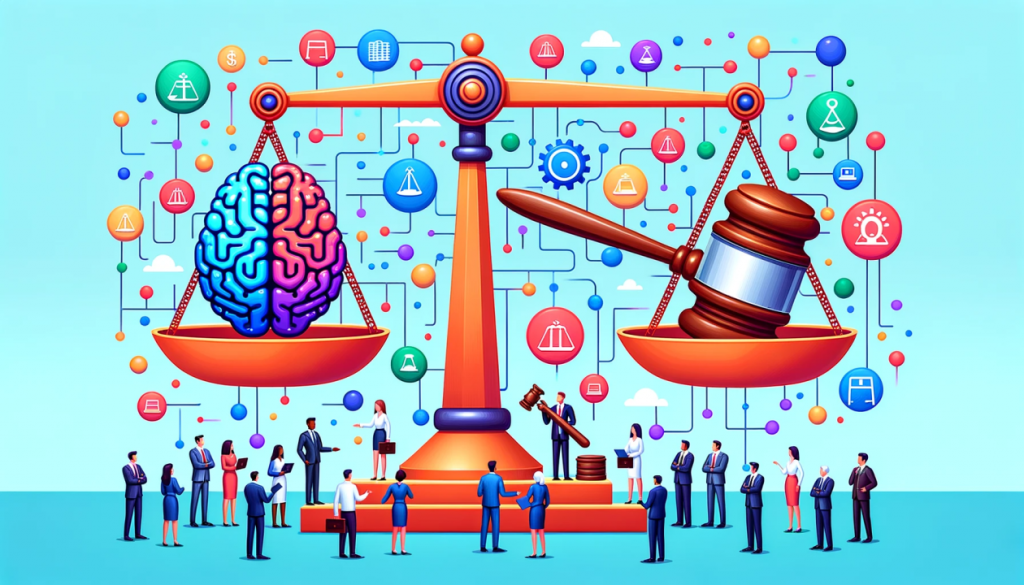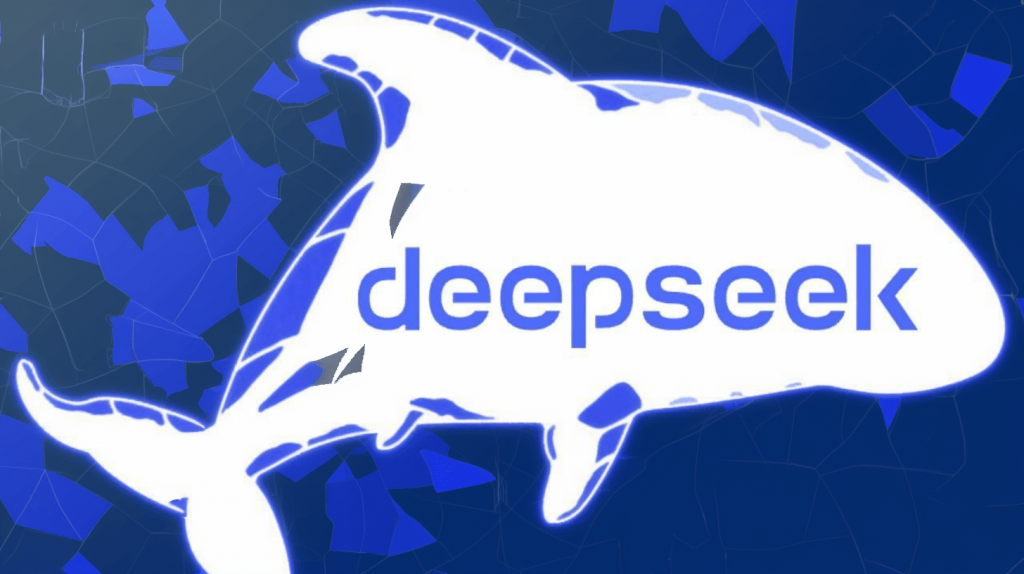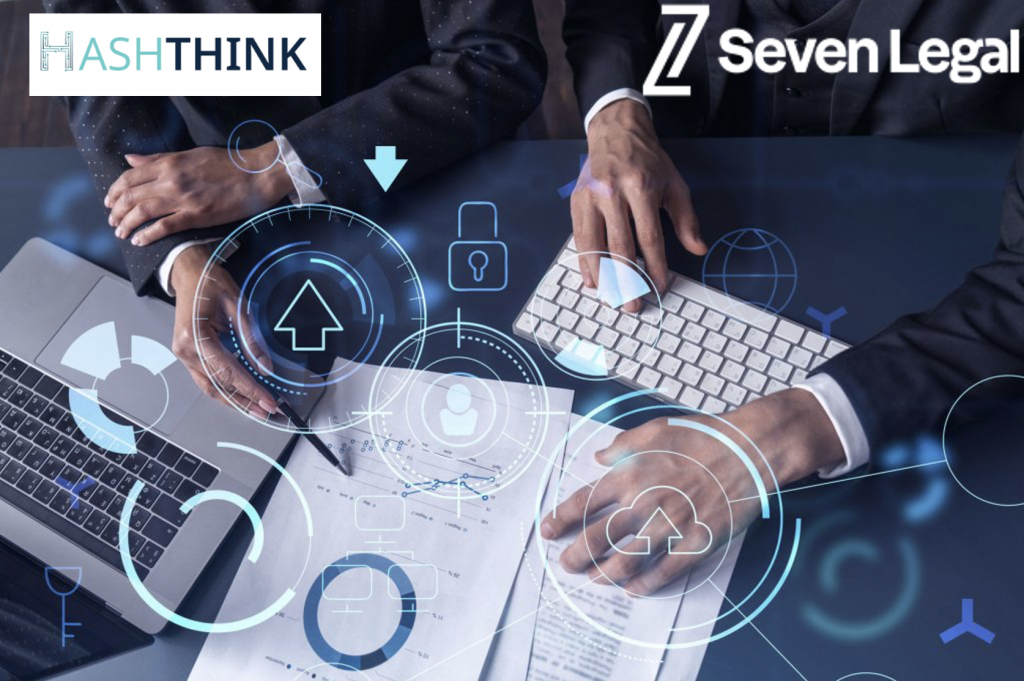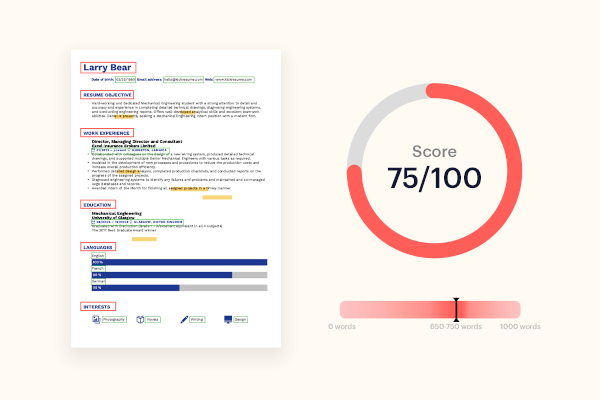Not everyone is sold on the return on investment for generative AI, but many investors clearly are, based on recent data from funding tracker PitchBook.
In Q3 2024, venture capitalists poured $3.9 billion into generative AI startups through 206 deals, according to PitchBook. (This figure excludes OpenAI’s $6.6 billion round.) Of that total, $2.9 billion was directed toward U.S.-based companies in 127 deals.
![]()
Among the top beneficiaries in Q3 were coding assistant Magic, which raised $320 million in August, enterprise search provider Glean with $260 million in September, and business analytics firm Hebbia, securing $130 million in July. China’s Moonshot AI raised $300 million in August, and Japanese startup Sakana AI, specializing in scientific discovery, completed a $214 million round last month.
Generative AI, a diverse set of technologies ranging from text and image generators to coding assistants and cybersecurity tools, has its critics. Concerns revolve around the technology’s reliability and, in the case of AI models trained on copyrighted material without permission, its legal implications.
Still, VCs are betting that generative AI will carve out significant roles in major industries and that its growth potential will overcome the challenges it faces today.
Perhaps they’re onto something. A report from Forrester predicts that 60% of generative AI skeptics will adopt the technology — whether they realize it or not — for tasks like summarization and creative problem-solving. That’s more optimistic than Gartner’s earlier forecast, which suggested that 30% of generative AI projects will be abandoned after proof-of-concept by 2026.
“Large customers are implementing production systems that leverage startup tools and open-source models,” Brendan Burke, a senior emerging tech analyst at PitchBook, told TechCrunch. “The latest models suggest that new advances are likely, especially in areas like scientific research, data retrieval, and code execution.”
A significant roadblock to widespread adoption, however, is the immense computational power generative AI requires. Bain analysts forecast that companies will need to construct gigawatt-scale data centers — consuming five to twenty times the energy of today’s average data center — putting further strain on an already overburdened labor and electricity supply chain.
This surge in demand for data center power, driven by generative AI, is already extending the lifespan of coal-fired plants. Morgan Stanley predicts that if this trend continues, global greenhouse gas emissions could triple by 2030 compared to a scenario where generative AI hadn’t been developed.
Major data center operators like Microsoft, Amazon, Google, and Oracle have announced investments in nuclear energy to counterbalance their increasing reliance on nonrenewable power. (In September, Microsoft revealed plans to source energy from the notorious Three Mile Island nuclear plant.) However, it may take years before these initiatives pay off.
Despite these challenges, investments in generative AI startups show no signs of slowing. ElevenLabs, known for its viral voice cloning tool, is reportedly seeking funding at a $3 billion valuation, while Black Forest Labs, creator of X’s controversial image generator, is said to be in talks for a $100 million funding round.
src: techcrunch.com













Comments are closed.